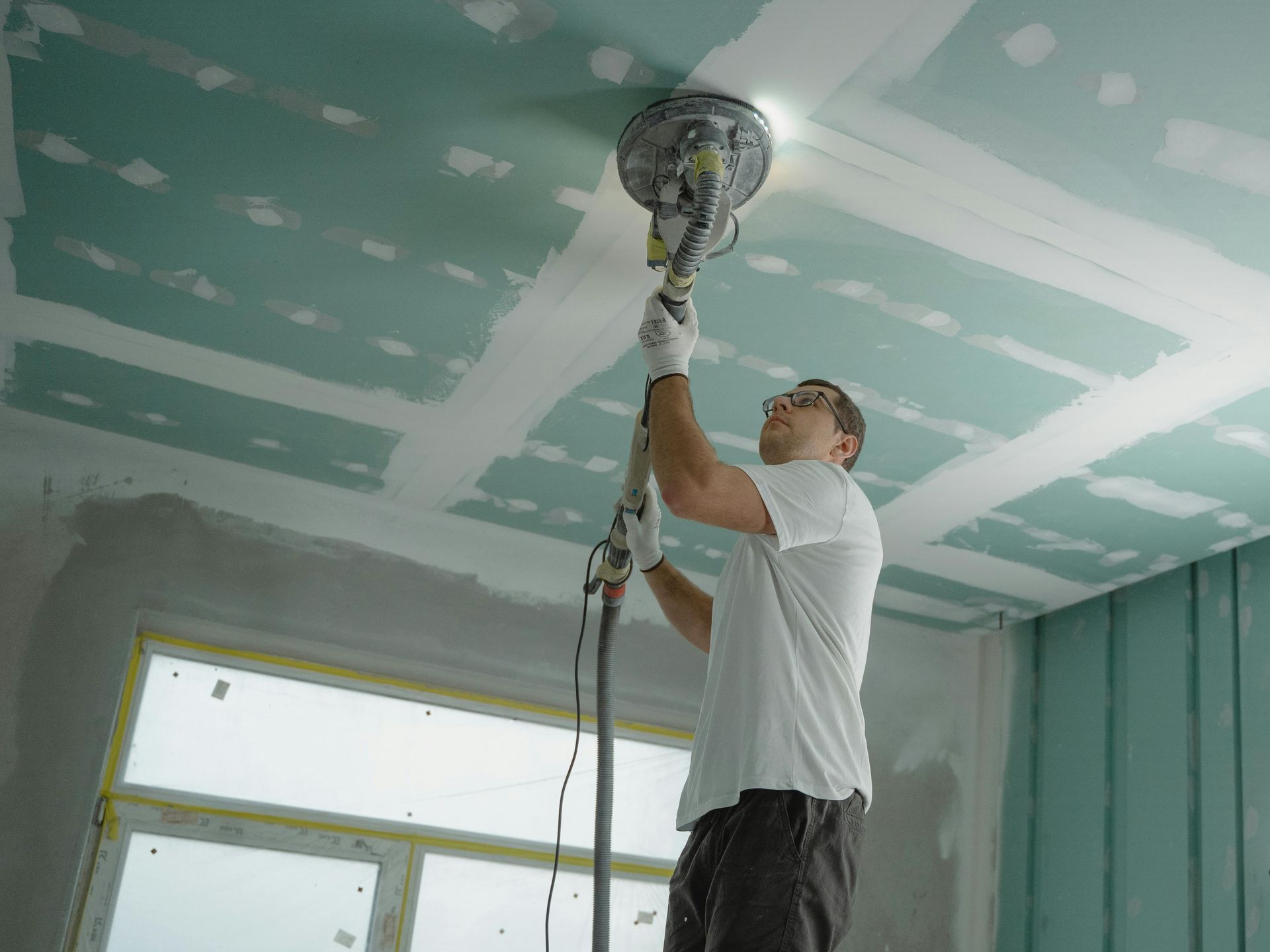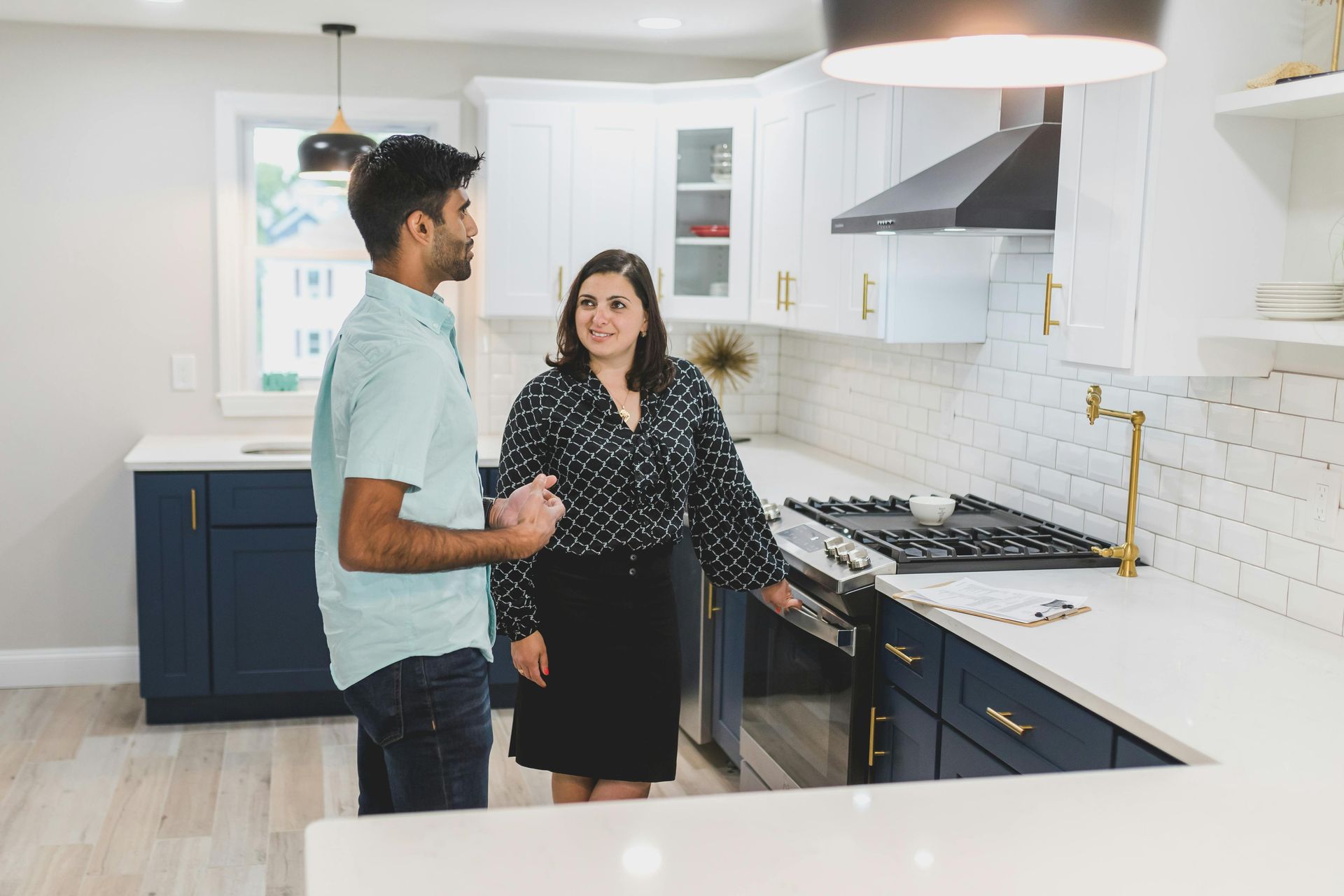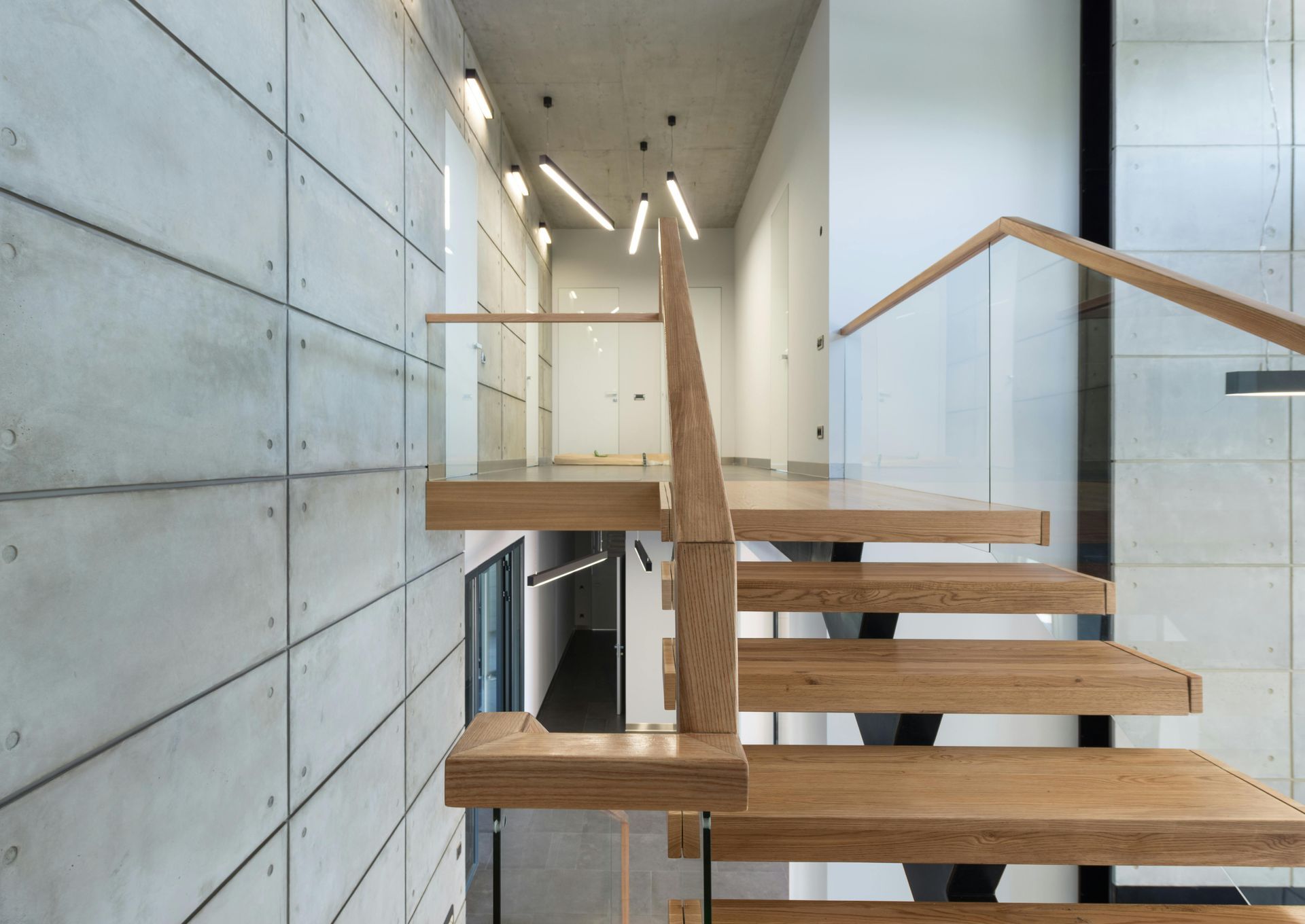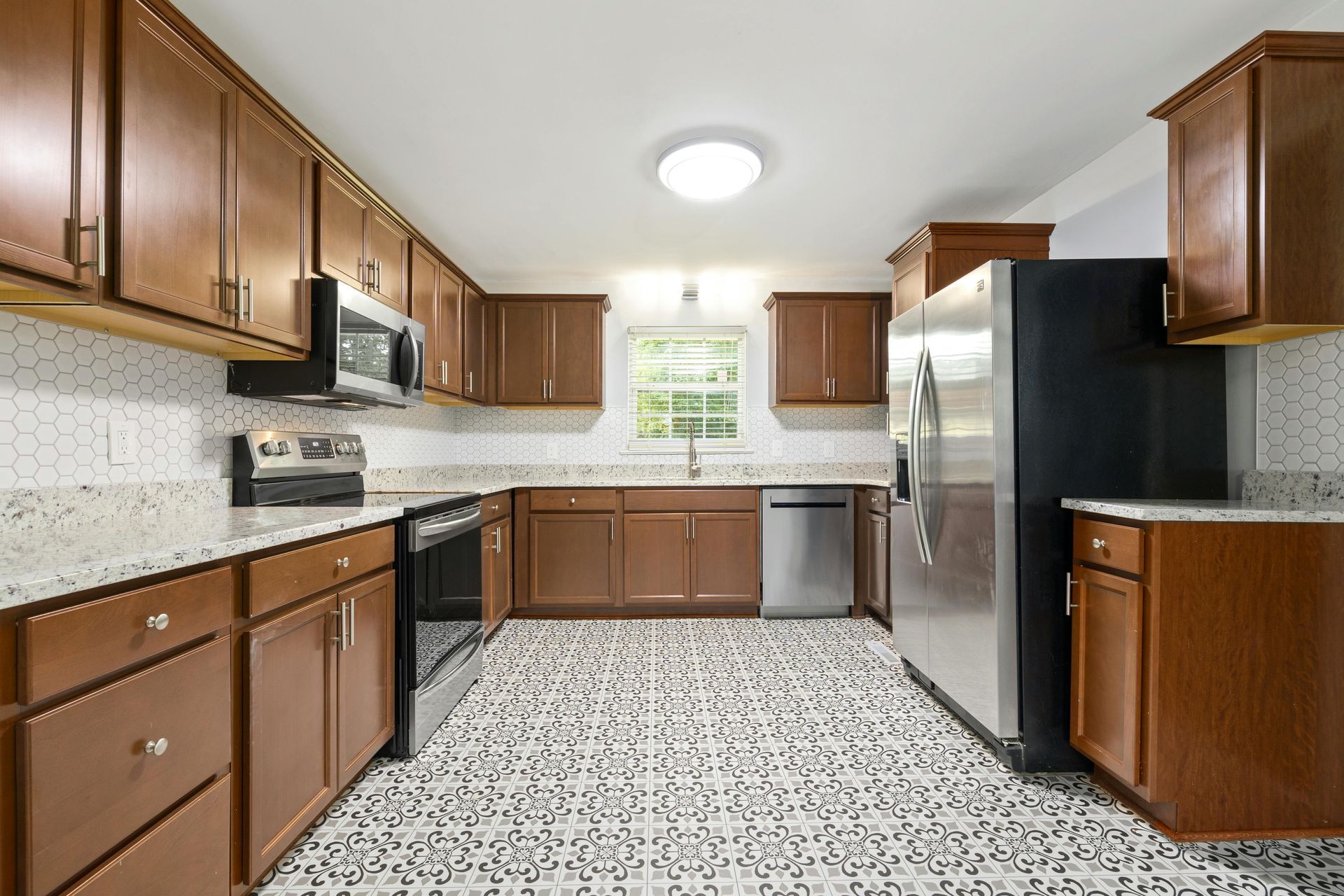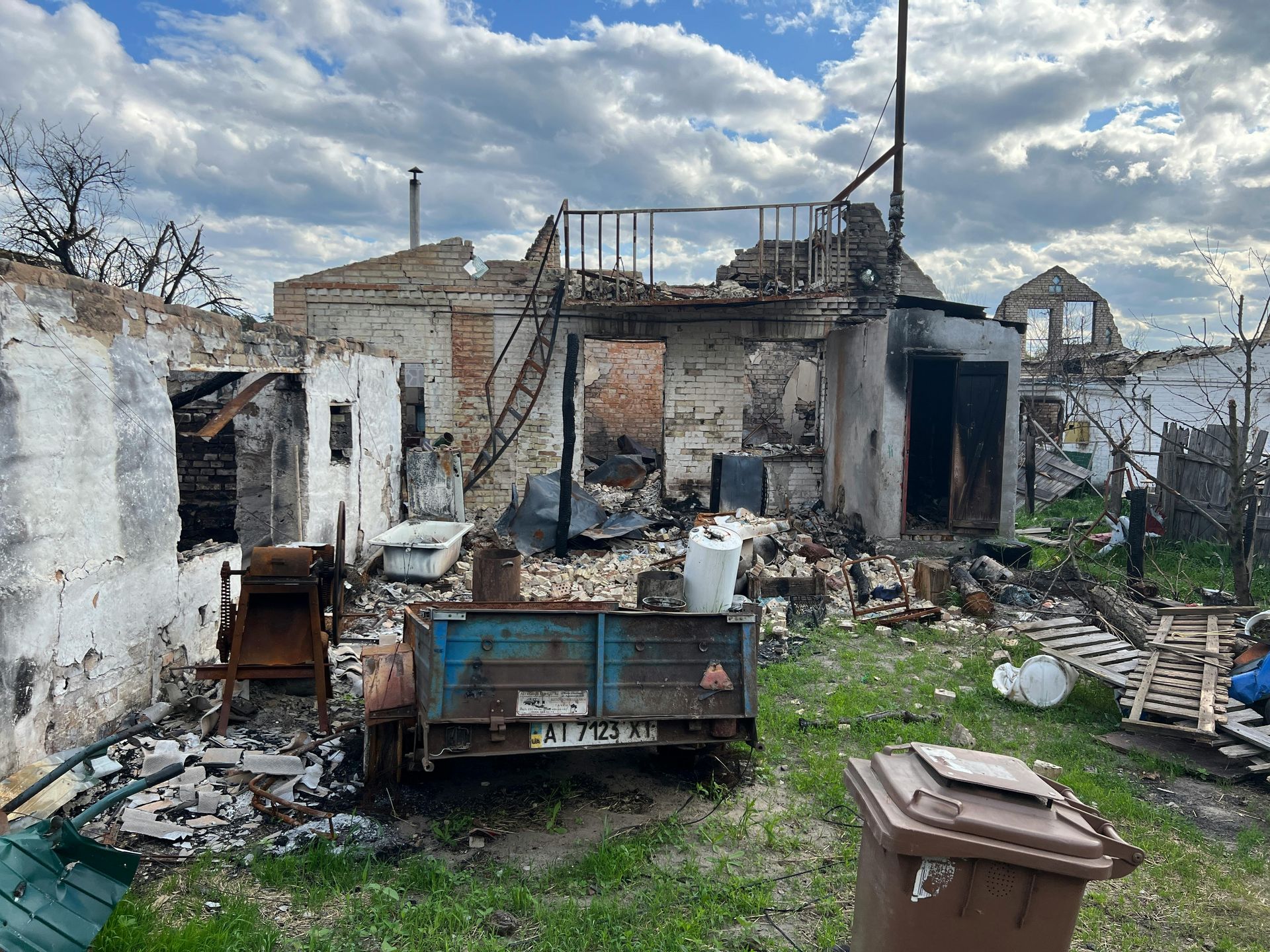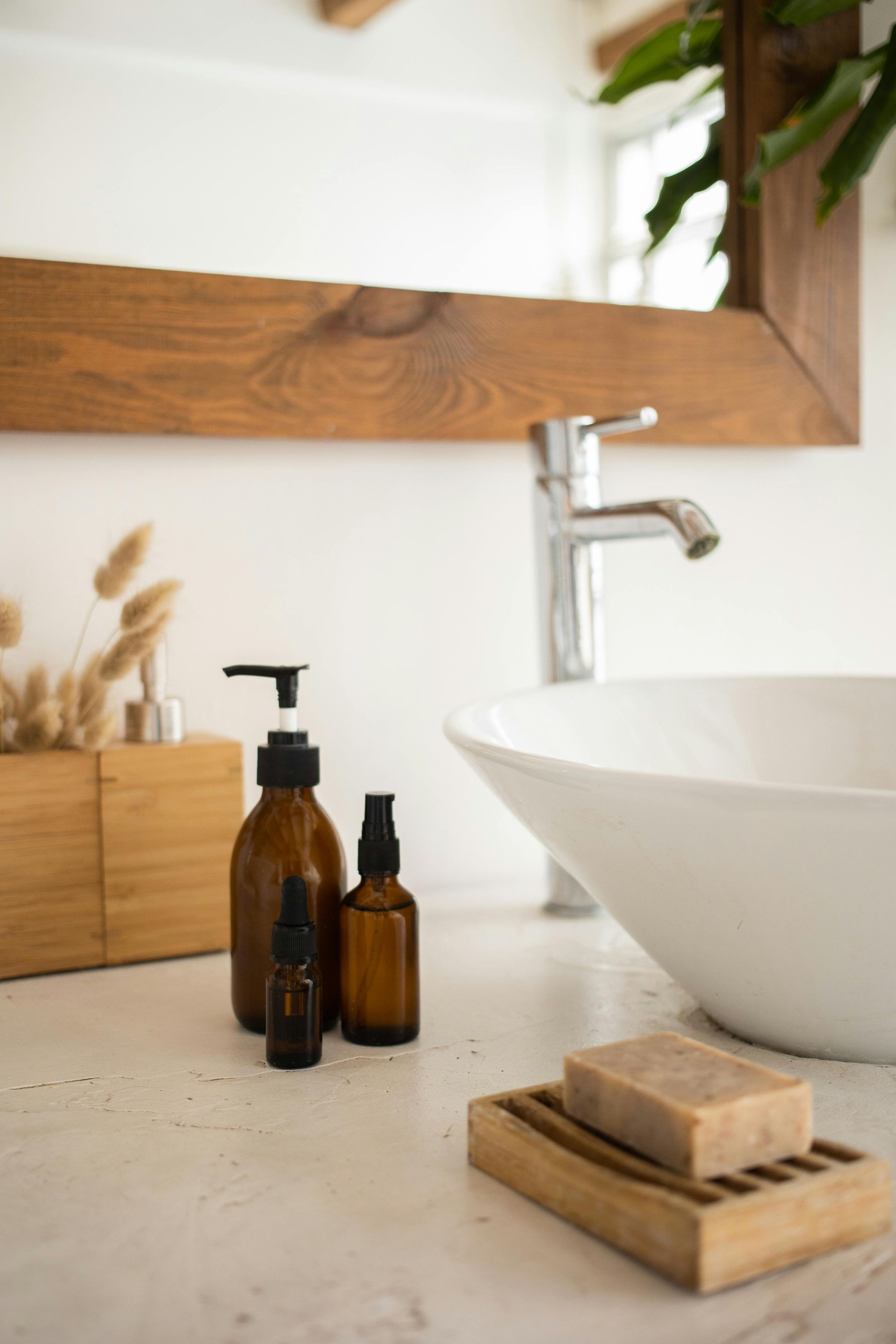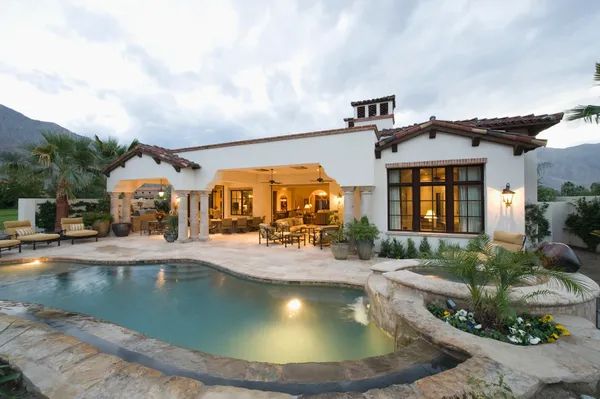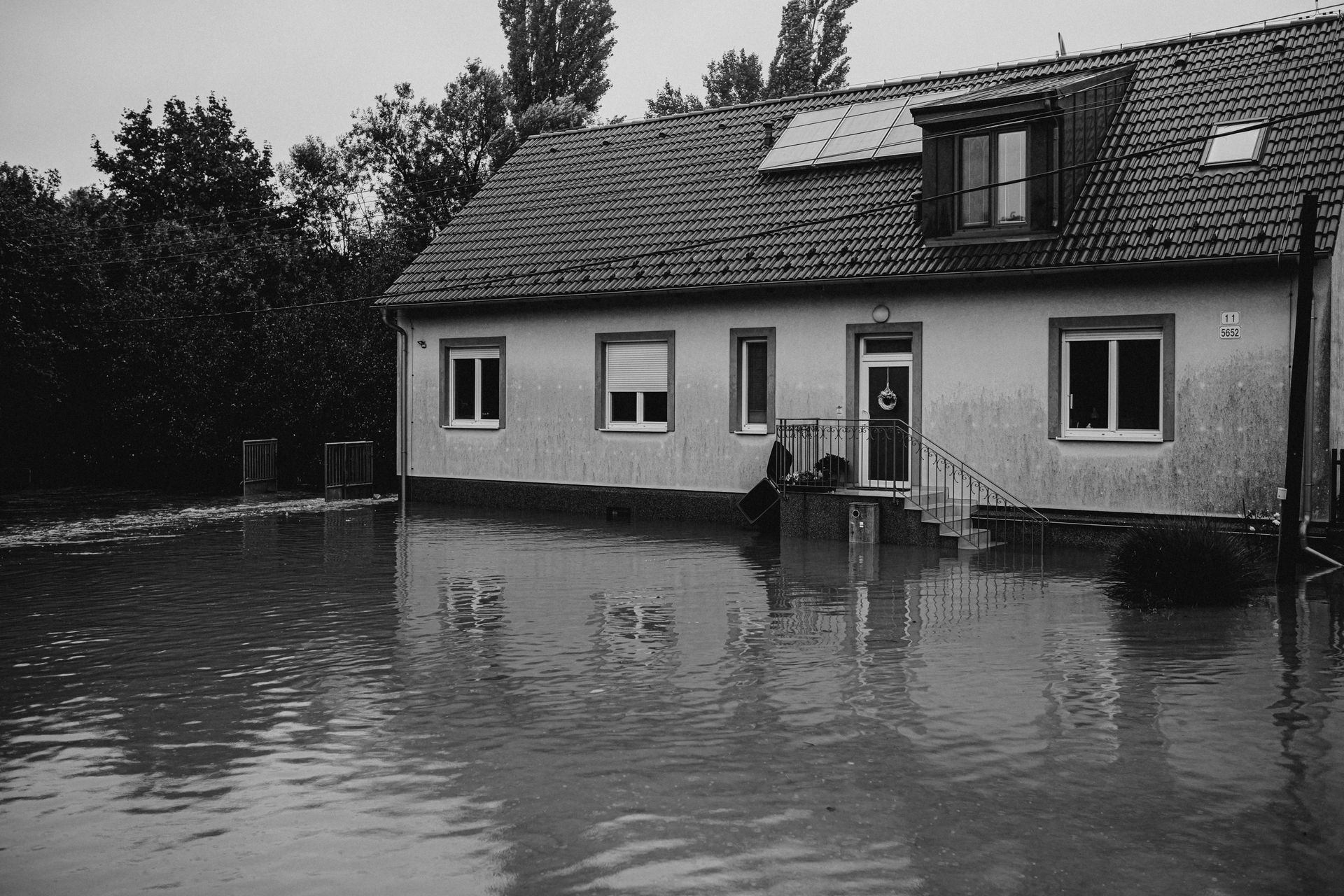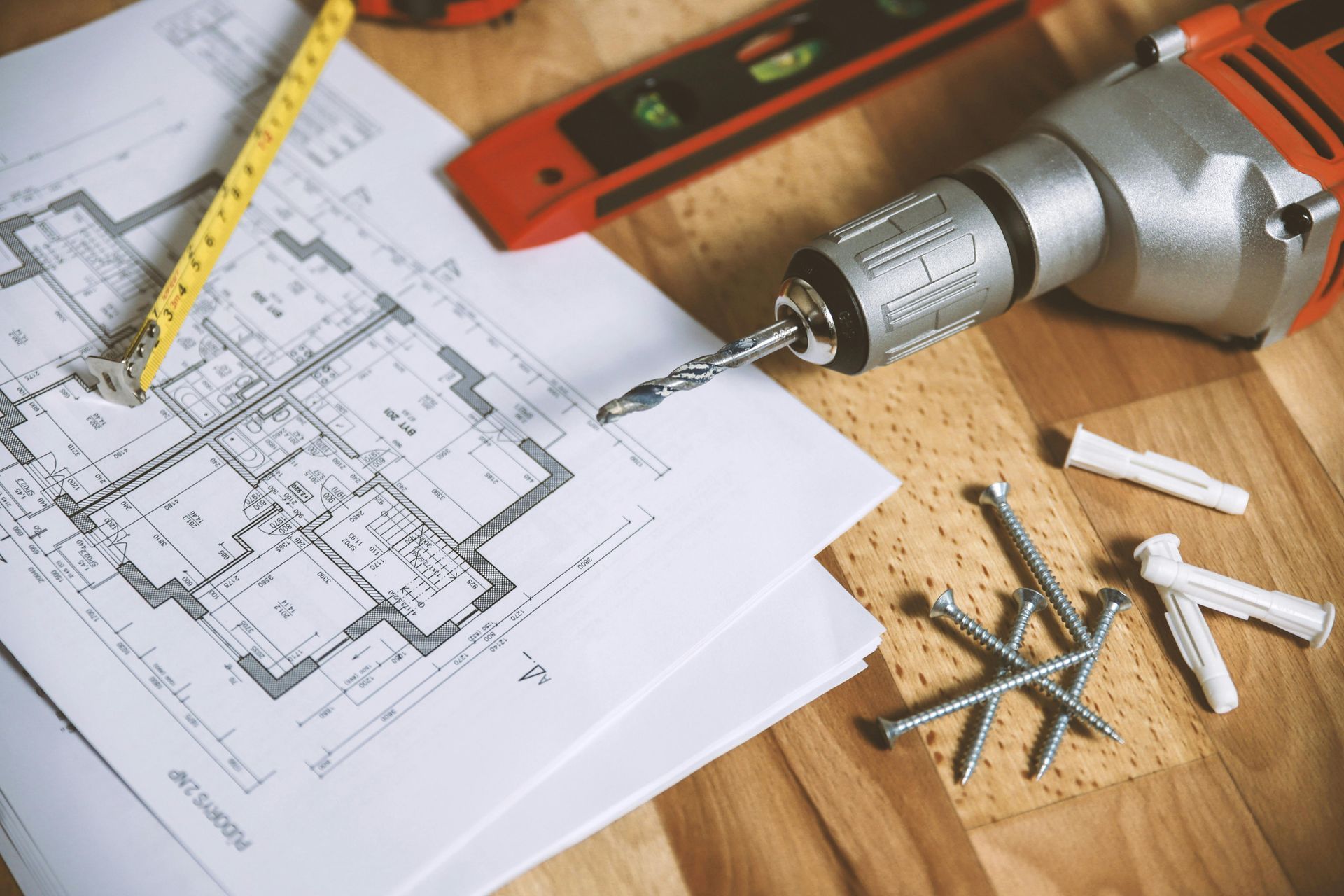Benefits of Building an ADU in Jacksonville
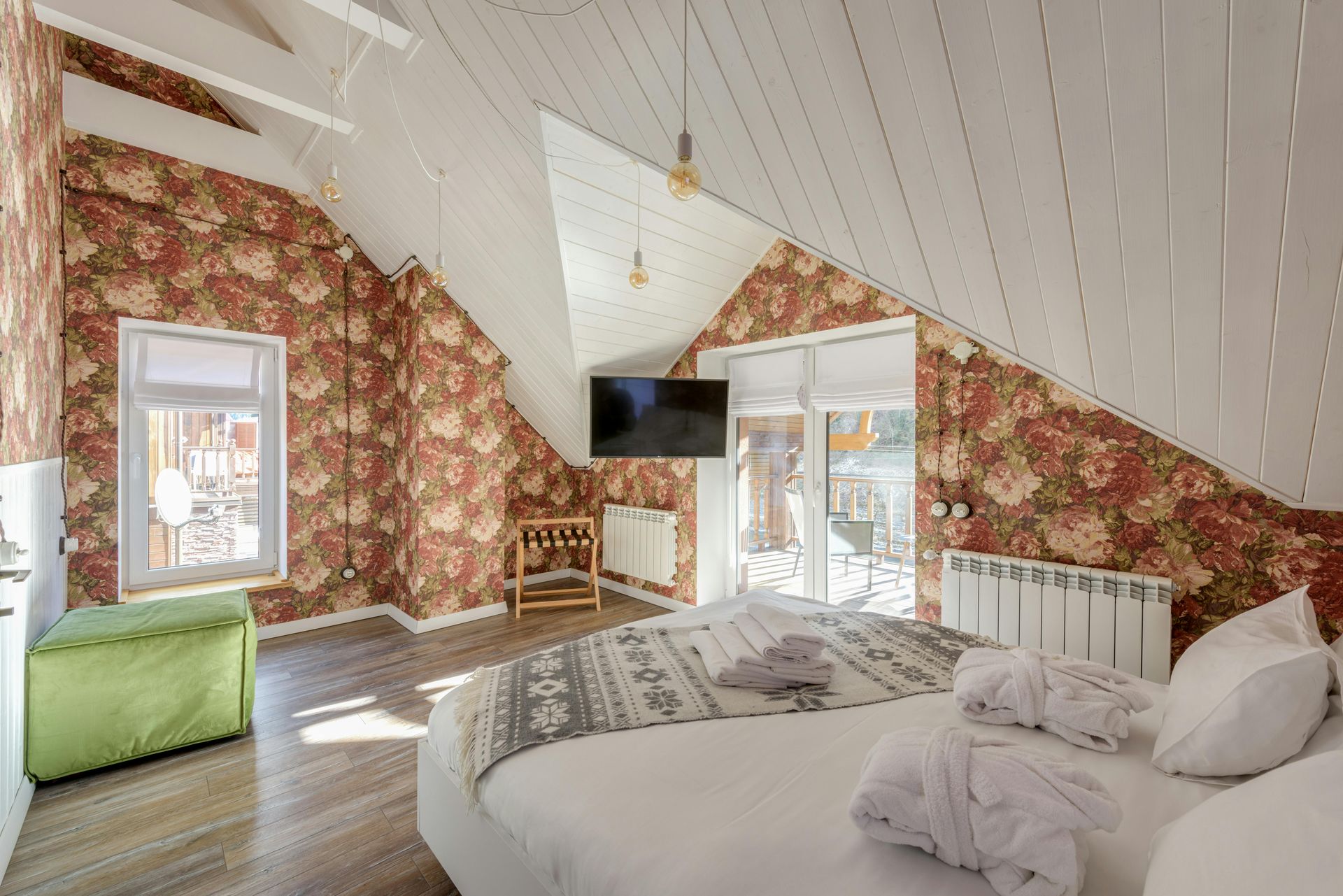
Accessory Dwelling Units (ADUs) are becoming a popular option for Jacksonville homeowners looking to add value to their property, generate rental income, or provide housing for family members. With new zoning regulations making it easier to build ADUs, homeowners now have more opportunities to maximize their property’s potential.
Understanding Accessory Dwelling Units (ADUs)
Accessory Dwelling Units (ADUs) are self-contained living spaces built on the same property as a primary residence. They can be detached, attached, or converted from an existing space like a garage or basement. ADUs provide a fully functional home environment, including a kitchen, bathroom, and sleeping area. With Jacksonville’s updated zoning laws, more homeowners are exploring ADUs as a practical solution for housing needs.
How ADUs Differ from Tiny Homes
ADUs and tiny homes may seem similar, but they have key differences. Tiny houses are often smaller, portable, and classified as recreational vehicles, while ADUs are permanent structures that comply with local zoning laws. ADUs must be built on residential properties and meet specific size and design regulations.
Jacksonville’s ADU Regulations and Zoning Laws
Jacksonville recently updated its zoning laws to allow ADUs in most single-family residential neighborhoods. These regulations require ADUs to be built behind the main house, match the architectural style of the property, and not exceed 750 square feet or 25% of the main home’s size. Short-term rentals of fewer than seven days are also not allowed. For official guidelines and zoning details, visit the City of Jacksonville's Official Website.
Financial Advantages of Building an ADU
Building an ADU is a wise investment for homeowners looking to increase property value and generate rental income. With Jacksonville’s strong rental market, ADUs can provide a steady monthly income, helping cover mortgage payments or property expenses. Homes with ADUs often sell for higher prices, making them a long-term asset for property owners.
Generating Rental Income from Your ADU
ADUs can provide steady rental income, helping homeowners offset mortgage payments or cover property taxes. Jacksonville’s rental market is strong, making ADUs an attractive option for long-term renters looking for affordable housing options.
How an ADU Can Increase Property Value
Adding an ADU can significantly increase property value by creating additional living space. Homes with ADUs tend to sell at higher prices, as buyers see them as multi-use investments. These units make properties more appealing to multigenerational families and investors.
ADUs as a Flexible Housing Solution
ADUs offer versatile living spaces that can be used for multigenerational housing, guest accommodations, or home offices. They allow aging parents to live close by while maintaining independence and privacy. Young adults or extended family members can also benefit from affordable housing options. Many homeowners also use ADUs as home offices or creative spaces, adapting to evolving lifestyle needs.
Providing Independent Living Space for Family Members
ADUs allow families to house aging parents, adult children, or extended family members while maintaining privacy and independence. Instead of moving to expensive assisted living facilities or apartments, relatives can stay close while having their own space.
- Aging parents can live nearby while maintaining their autonomy.
- Adult children returning home from college have a private living space.
- Extended family members can live in a comfortable, self-contained unit.
Elderly relatives can avoid the high costs of assisted living.
Adapting to Changing Needs: Home Offices, Guest Houses, and More
Beyond rental income and family housing, ADUs serve as home offices, guest suites, or creative spaces. Many homeowners use ADUs as private workspaces, providing a quiet environment for remote work. Others use them as guest houses for visitors or short-term rentals where permitted.
- Dedicated home offices for remote work or business operations.
- Guest houses for family, friends, or long-term visitors.
- Creative studios for artists, musicians, or fitness spaces.
Short-term rentals to generate additional income (where allowed).
How ADUs Help Address Jacksonville’s Housing Crisis
Jacksonville is experiencing a housing shortage, making it harder for residents to find affordable homes. ADUs help by increasing the number of rental units in single-family neighborhoods without requiring significant developments. These small, independent units offer lower-cost housing options while allowing homeowners to generate rental income.
By integrating ADUs into existing communities, Jacksonville can balance neighborhood density and reduce urban sprawl. These units provide flexible housing for families, young professionals, and retirees. Homeowners can contribute to housing solutions while benefiting from an extra income stream, making ADUs a practical investment for the future.
Sustainability and Cost-Effectiveness of ADUs
ADUs are often more energy-efficient than traditional homes, making them a sustainable housing option. Their smaller size means lower energy consumption and many ADUs incorporate eco-friendly features like solar panels and energy-efficient appliances. Compared to building a full home addition, ADUs provide a more cost-effective way to expand living space without the high costs of major renovations.
Cost Comparison: ADUs vs. Traditional Home Expansions
Based on the latest report provided by Angi, full home addition costs can range from $21,940 to $83,320. In contrast, ADUs provide a more affordable alternative with the added benefit of rental income potential. ADUs are quicker to build and require less disruption to the primary home’s structure.
How ADUs Support Jacksonville’s Urban Growth Plans
Jacksonville is growing rapidly, and ADUs help maximize housing without expanding urban sprawl. The city encourages smart growth, allowing ADUs to be part of a long-term housing solution that increases density in existing residential areas.
Key Zoning Restrictions for ADUs
ADUs must comply with Jacksonville’s zoning regulations, which determine the following:
- Where ADUs can be built
- Maximum unit size and height
- Design and aesthetic requirements
- Setback distances from property lines
Homeowners should check zoning laws before starting their ADU project.
Steps to Secure a Permit for Your ADU
- Verify Zoning Laws – Use Jacksonville’s interactive zoning map or contact the Planning Department.
- Design Your ADU – Work with an architect or contractor to ensure your unit meets all design requirements.
- Submit Permit Applications – File your building plans and pay any required fees.
- Schedule Inspections – Ensure the ADU meets safety and construction standards before final approval.
Common Challenges and How to Overcome Them
Some homeowners face zoning conflicts, unexpected fees, and delays during the permitting process. To avoid setbacks:
- Check local laws before starting construction
- Work with professionals to ensure correct permit filings
- Budget for impact fees and utility connections
For expert guidance, Sunshine State Professional Services specializes in ADU construction, permitting, and design. Their team helps homeowners navigate complex zoning laws, secure necessary permits, and ensure compliance with Jacksonville’s regulations. From the initial planning phase to final construction, they provide customized solutions to fit each homeowner’s unique needs. With their expertise, homeowners can confidently build high-quality, code-compliant ADUs that add value to their property.
Conclusion
Building an ADU in Jacksonville offers significant benefits, from generating rental income to providing versatile living space and increasing property value. While there are upfront costs and zoning regulations to consider, the long-term financial and practical advantages make ADUs a smart investment. Homeowners looking to navigate the permitting and construction process should work with experienced professionals to ensure compliance and efficiency.
